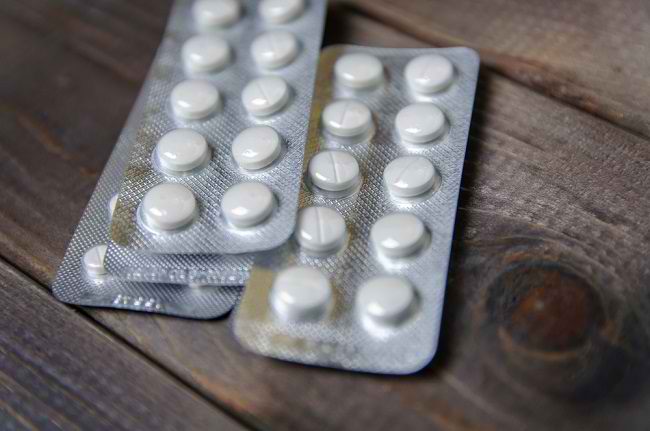Foods and drinks that contain probiotics are believed to be able to maintain a healthy digestive system, including pregnant women. However, the benefits of probiotics for pregnant women are actually not only that, you know.
Probiotics are bacteria and are commonly found naturally in everyone's intestines. These bacteria are good and will not interfere with the health of the body of pregnant women. In fact, some studies support that probiotics are good for pregnancy. So, taking probiotics while pregnant is okay, how come.

5 Benefits of Probiotics for Pregnant Women
Pregnant women are encouraged to be more selective in choosing food and drinks, because everything they eat can affect the growth and development of the baby in the womb. So, it's only natural that pregnant women are hesitant to try foods or drinks that contain probiotics, aka bacteria.
Even so, pregnant women don't really need to hesitate, because there are many health benefits that can be learned from probiotics, including:
1. Prevent indigestion
The efficacy of probiotics in maintaining a healthy digestive system is no longer in doubt. The content of good bacteria in probiotics is believed to be able to attack bad bacteria in the body, including in the intestines, which cause certain infections and interfere with health.
If pregnant women often experience abdominal pain due to colic or constipation, pregnant women are recommended to take probiotics. These good bacteria are also able to launch bowel movements and make feces move faster, so pregnant women will have no difficulty in defecating.
2. Reducing the risk of preeclampsia and premature delivery
Preeclampsia is a pregnancy disorder characterized by high blood pressure and leakage of protein in the urine. This condition cannot be taken lightly because it can endanger the life of the mother and fetus.
nowOne of the benefits of taking probiotics during pregnancy is to reduce the risk of preeclampsia. In addition, a study revealed that pregnant women who regularly consume probiotics are also at a lower risk of having preterm labor.
3. Lowers the risk of gestational diabetes
Gestational diabetes is diabetes that appears during pregnancy, usually between 24–28 weeks of gestation. Although it can disappear after giving birth, gestational diabetes puts pregnant women at risk for type 2 diabetes. Untreated gestational diabetes can also interfere with the health of the fetus.
Several studies have shown that the consumption of probiotics has a good effect on blood sugar stability, thereby reducing the risk of gestational diabetes. However, apart from that, pregnant women are also recommended to adopt a healthy diet, stay active, and keep weight gain from being excessive.
4. Maintain vaginal health
Consuming probiotics during pregnancy is also believed to increase the number of good bacteria that live in the vagina, so that vaginal health can be better maintained. By maintaining the number of good bacteria, pregnant women are also protected from bacterial vaginosis which can cause pregnancy complications, such as premature labor.
5. Lowers the risk of baby having allergies later in life
Several studies have proven that probiotics consumed during pregnancy have properties to reduce the risk of babies developing allergies later in life.
The little one in the womb is at a higher risk of suffering from allergies if the pregnant woman or father has allergies. If the risk of your little one experiencing allergies is high enough, there is nothing wrong with pregnant women taking probiotics. In fact, continuing the consumption of probiotics until breastfeeding is known to increase its effectiveness in preventing allergic children. you know.
By knowing the benefits of probiotics for pregnant women as described above, now pregnant women don't need to hesitate anymore to start eating probiotics, OK? Pregnant women can find probiotics in some products such as yogurt, kimchi, milk kefir, kombucha, and dark chocolate.
So that the benefits of probiotics can be felt to the maximum, pregnant women are also recommended to eat foods that contain prebiotics, such as bananas, apples, oats, and seaweed. Prebiotics are food intake to support the growth of probiotics. By consuming prebiotics, the number of probiotics in the body can be well controlled.
There is no definite measure of how much probiotics should be consumed during pregnancy. However, if pregnant women want to get probiotics from supplements, be sure to consult a doctor first.









